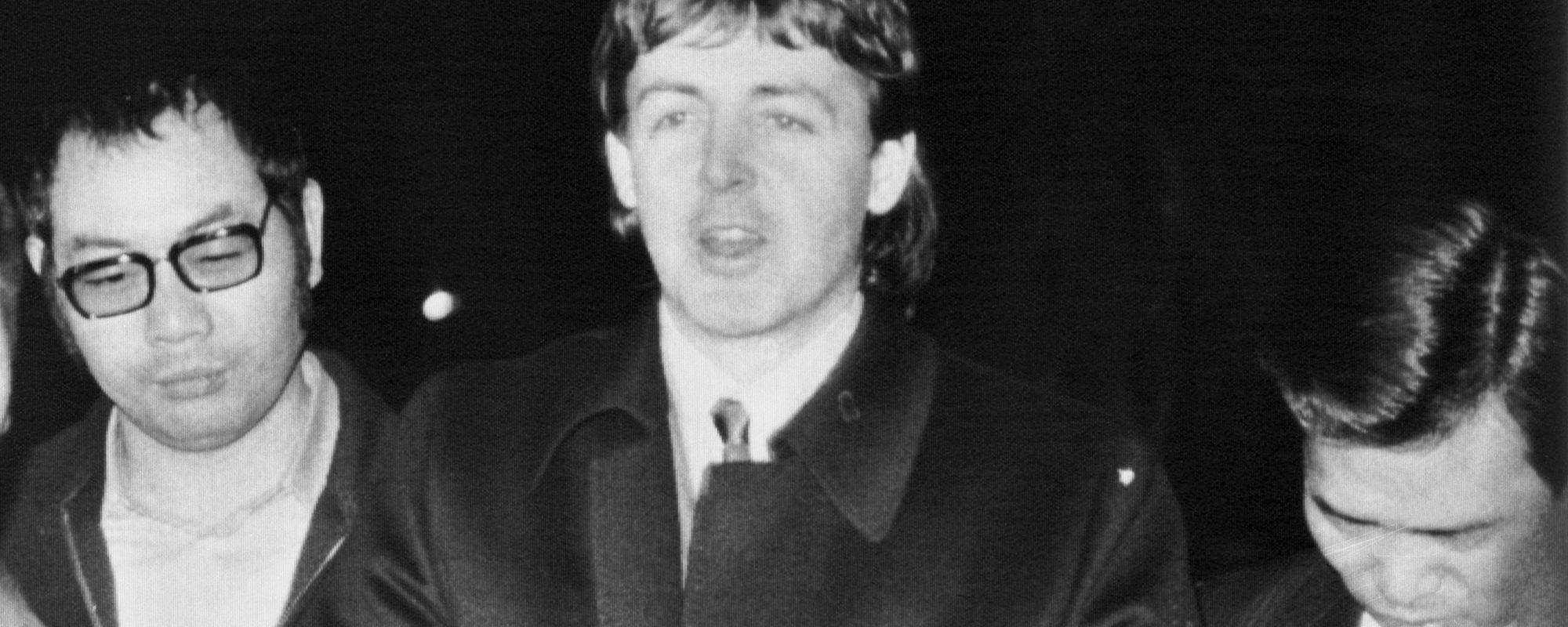Science and music don’t frequently mix. Frankly, one could argue their relationship is like oil and water. However, music and social sciences mix every single time a note hits someone’s ear drums. Their relationship is inevitable, and Italian musician, Adriano Celentano, knew that and leveraged it in his favor.
Videos by American Songwriter
In 1970, English language pop music ruled the charts worldwide. Musicians such as James Brown, the Bee Gees, the Jackson 5, and ABBA reached every single corner of the world despite the potential language barrier. Thus, Italy of course listened to this music as well.
That being so, Adriano Celentano aimed to prove something to his fellow Italians. In short, he wanted to prove that Italians would listen to any type of music as long as it sounded English. He proved this to be true, but he did so in a way that seemingly no one expected.
To Celantano American English Equals Gibberish
In 1972, Celantano released his hit single, “Prisencolinensinainciusol.” Following its 1972 release, Celantano achieved the very results he was asking for, as the song peaked at No. 1 on the Italian, French, and German charts. However, the funniest facet about this song is that nobody realized it wasn’t actually English until years later. And well, that’s because it wasn’t, it was pure gibberish made to sound American for the sake of his social experiment.
In an interview with NPR, Celantano divulged why exactly he did what he did, he stated, “Ever since I started singing, I was very influenced by American music and everything Americans did.” He continued, “So at a certain point, because I like American slang — which, for a singer, is much easier to sing than Italian” and, “I thought that I would write a song which would only have as its theme the inability to communicate.” “And to do this, I had to write a song where the lyrics didn’t mean anything,” he concluded.
Celantano’s secret was finally revealed when he sang the song live on Italian television. Following his performance, Italians realized they were part of the musician’s grand experiment and calculated joke. However, it didn’t hurt his success, as the song climbed to No. 1 following his televised performance.
In the interview, Celantano closed his story by stating, “I sang it with an angry tone because the theme was important. It was an anger born out of resignation.” Furthermore, when asked if that’s what American English actually sounds like, he quickly replied, “Yes. Exactly like that.”
Photo by Edoardo Fornaciari/Getty Images













Leave a Reply
Only members can comment. Become a member. Already a member? Log in.